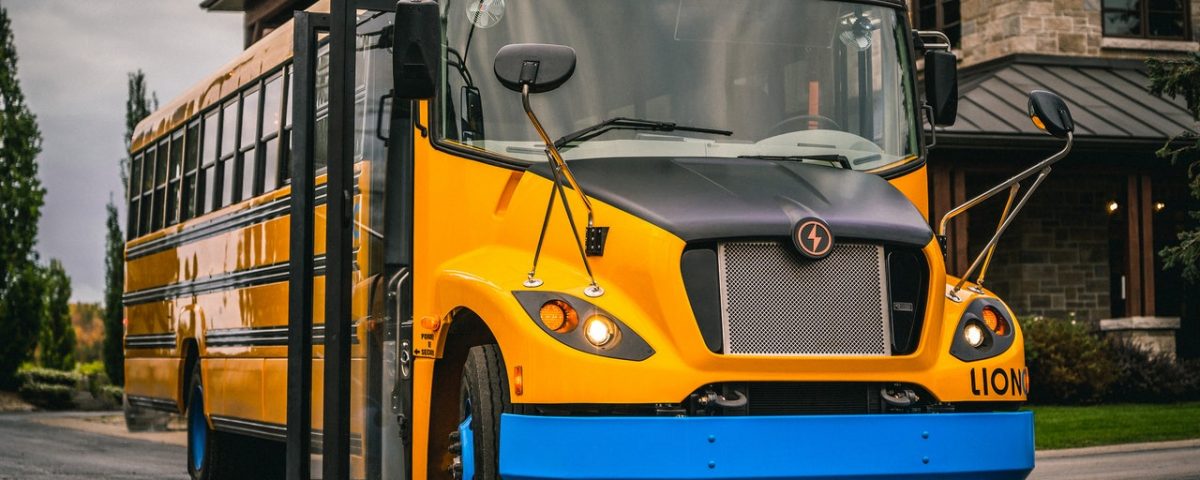- Privacy On Demand
- 020 8150 0080
- 0845 3886618
- info@priviglaze.com

11 IKEA EKET Cabinet Hacks
28 February 2022
11 Stylish DIYs to Steal from Readers' Own Bedroom Redos, Starting at Just $10
28 February 2022Curbing Climate Change Should Include Electric School Buses

[ad_1]
School buses driving on their routes achieve about six miles per gallon, making them among the least efficient vehicles on the road. This inefficiency is a function of their short and congested routes, their consistent stopping and starting, and their lengthy periods of idling. All of these factors, along with their diesel power plants, also contribute to their releasing more emissions than most vehicles. This contributes to the poor air quality experienced in many underprivileged neighborhoods—which, due to institutional racism and classism, exist in highly trafficked or industrial corridors. It also makes the air quality on and around the average school bus abysmal, an issue compounded by the fact that it is being inhaled into the developing lungs of young children.
Yet every single one of these liabilities also makes school buses excellent candidates for electrification. Because they’re able to recuperate energy from slowing and braking in stop-and-go traffic, electric vehicles are more efficient in congested areas. Because they do not release any tailpipe emissions, they do not contribute to pollution or respiratory issues. And because their routes are generally quite short, and there are lengthy periods each day and night when they’re idle, range and charging time are generally irrelevant.
Lion Electric, a Quebec-based company, is one of North America’s largest producers of pure battery-electric-powered school buses.
But, for many years, when municipalities needed to purchase vehicles to move children to and from school, the only choice was petroleum power. “I’ve been involved in transportation for over three decades, and, in the early part of my career, I remember walking into a bus yard where 300 buses were being fired up at the same time, all running on diesel fuel. And we would joke and say, I love the smell of diesel in the morning,” says Nate Baguio, senior vice president of commercial development for Lion Electric, a Quebec-based company that is one of North America’s largest producers of pure battery-electric-powered school buses. “But we didn’t. It was awful. And it was a terrible workplace from the standpoint of the pollution, as well as the impacts on health. But there weren’t really any other options.”
Lion and other bus manufacturers like Blue Bird and Thomas are trying to solve that. And President Biden’s prescient environmental funding priorities are providing impetus. “With the infrastructure bill, there’s a significant amount of money to move conversion along,” Baguio says. In fact, the bill provides over $2.5 billion in incentives to help spur municipalities’ capacity to invest in battery-powered buses. Combined with state and local incentives, this money can provide price parity for electric power when compared with diesel power, or even make it cheaper.
[ad_2]
Source link

